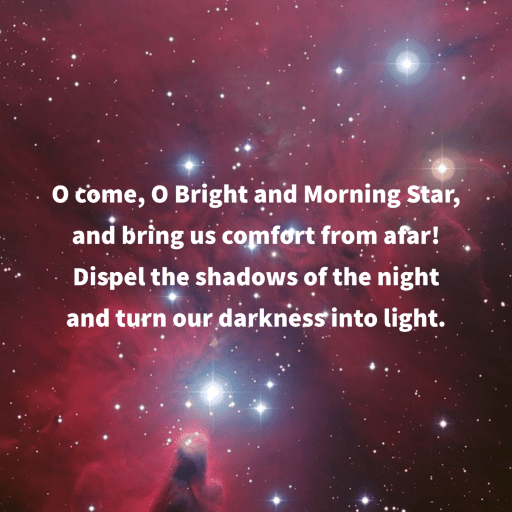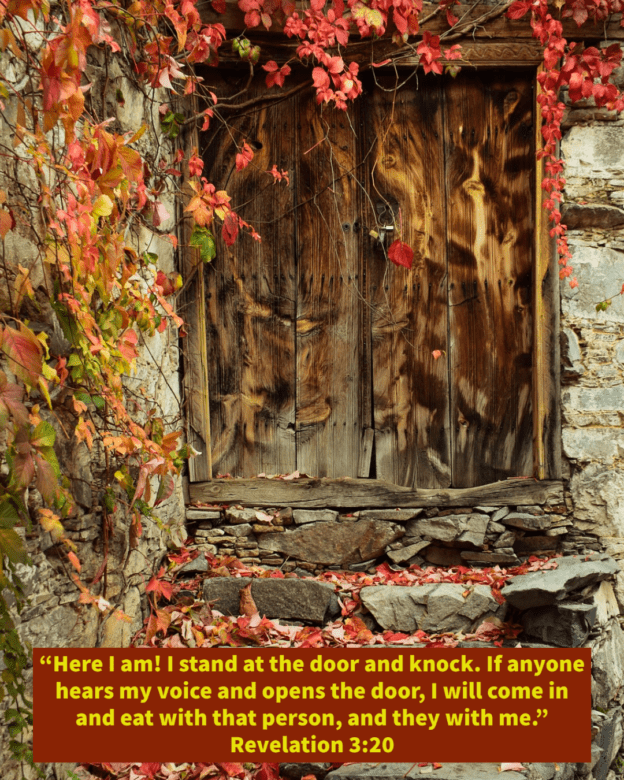Why share your faith? The Father uses your fallout
Evangelism has gotten a bad name over the last few years. For more reasons than we have time to go into in this article, “The ‘E’ Word” is a problem for many people in some parts of the world. Recent polls show that younger generations of Christians in many parts of the world are grappling with not just how to share their faith, but whether or not they should do so at all.
Yet, Scripture provides clear commands for Christians to share the story of how Jesus has made a difference in their lives. Jesus himself told his followers that the plan for spreading the Good News included them—in their success, their failures, and everything in between. What, then, is the answer? What if we looked at Evangelism not as a program or strategy, but as an overflow of what God has done in our lives? Let me see if I can illustrate.
Several years ago, why wife and I were traveling on a road trip with our preschool-aged son. We were driving down the highway as a thunderstorm approached. We were startled by a bolt of lightning as it hit the edge of the road a few hundred meters in front of us. The noise and bright light shocked us all. However, what really surprised us was what happened after the ground strike. The lightning bolt made a hole in the ground at the side of the road. As we approached the place where the lightning hit, the dirt from the newly created hole had flown in the air and now rained down on our car. It was the fallout of the strike, and it fell on us as we went by.
When talking about why we share our faith, that lightning strike and the resulting fallout might be helpful. The story of the New Testament church is that the people were startled by an unexpected and cataclysmic event. The life, death, and resurrection of Jesus shook the world. It came upon them with the same surprise, and brilliance, of a lightning strike. The miraculous events around the birth of the church at Pentecost and throughout the Book of Acts are like a fallout that continued to rain down upon all those that were near it.
However, the strikes, and the fallout, did not stop there. This pattern is repeated every day in the lives of women and men who put their faith in Christ. Its effects find their way to any who put their trust in the Risen Lord today.
But why share this with others? Why not let God strike them with their own lightning bolts? God could do that. Yet, in another divine mystery, God has chosen to use Christ followers to share the Good News of the gospel. We are reminded of this joy and privilege in 1 Peter 2:9: “[Y]ou are a chosen people, a royal priesthood, a holy nation, God’s special possession, that you may declare the praises of him who called you out of darkness into his wonderful light.”
God has created in every one of us a desire to know Him and His purposes for our lives. Followers of Jesus share their faith in Christ with others because the Holy Spirit has pierced the darkness in their own lives with God’s wonderful light. This truth should be shared far and wide. The Bible tells us that it should not remain a private opinion. In sharing this truth, we give others the opportunity to know the truth for themselves, and about themselves. They can know themselves more deeply because they will discover who they are in Christ.
Lightning comes in all types: A bolt that hits near us or maybe a flash of light in a distant cloud that illuminates a dark night. Some Christians can tell the story of their decision to follow Jesus in a way that looks more like a nearby lightening strike. Others would recall a story of a slow process, like flashes of lightening in clouds on the horizon. Either way, the result is the same: the Light of Christ has shone into the darkness and that Light has made all the difference.
After we encountered that lightning strike on the highway and the results of it, our young son, who had seen the whole thing unfold, said in a loud voice, “Do it again, Daddy!” When we share our faith like this, we want to ask our Heavenly Father to “Do it again!” Why share your faith? Simply because Christ has chosen His followers to share their own experience with the Light, and the resulting positive fallout, of what He has done in them. As you look for ways to share your faith, that’s a good prayer to begin: “Do it again, Daddy!”






